Can Vitamin D Supplementation Help in Clearing HPV Infections?
Human papillomavirus (HPV) infections remain a significant public health concern, with millions of new cases reported annually.
As researchers continue to explore alternative methods for managing and potentially clearing these infections, vitamin D has emerged as a promising candidate. This comprehensive analysis delves into the question: Can vitamin D supplementation help clear HPV infections?
We will examine the role of vitamin D in our body, its impact on the immune system, and the scientific evidence supporting its potential in combating HPV infections.
Join us as we explore this intriguing connection and provide practical guidance on incorporating vitamin D into your daily life.
Science Behind How Vitamin D Kills HPV
Numerous studies have investigated the potential link between vitamin D and HPV infections. Some research has shown that individuals with higher vitamin D levels in their blood are less likely to have an active HPV infection or develop HPV-related health issues.
Other studies have demonstrated a correlation between low vitamin D levels and an increased risk of persistent HPV infections, which may lead to cervical cancer or other HPV-associated diseases.
Mechanisms of Vitamin D to Help Clear HPV Infections
Vitamin D plays a crucial role in the regulation of the immune system. It aids in producing antimicrobial peptides, which help protect the body against various pathogens, including viruses. Additionally, vitamin D has been shown to modulate the immune response, promoting an environment that can suppress viral replication and enhance the clearance of infected cells.
Several mechanisms have been proposed to explain how vitamin D might help clear HPV infections:
- Activation of immune cells: Vitamin D has been shown to activate specific immune cells, such as T-cells and macrophages, which play a crucial role in combating viral infections.
- Regulation of inflammation: Vitamin D can help regulate inflammation, essential in controlling the immune response to HPV and preventing tissue damage.
- Inhibition of viral replication: Some studies suggest that vitamin D may directly inhibit the replication of HPV, limiting the spread of the virus within the body.
- Promotion of cell differentiation: Vitamin D is known to promote cell differentiation, which could help prevent the progression of HPV-infected cells to precancerous or cancerous states.
Limitations and Areas Requiring Further Research
While the existing research provides a strong foundation for understanding the potential benefits of vitamin D in clearing HPV infections, there are some limitations and areas that require further investigation:
- Variability in study designs: The studies conducted thus far have used different methodologies, populations, and dosages of vitamin D, making it challenging to draw definitive conclusions.
- Lack of large-scale, randomized controlled trials: Most studies on this subject have been observational. To establish a causal relationship between vitamin D supplementation and HPV clearance, large-scale, randomized controlled trials are needed.
- Optimal dosage and duration of supplementation: The optimal dosage and duration of vitamin D supplementation for clearing HPV infections remain unclear and may vary depending on individual factors, such as age, genetic predisposition, and baseline vitamin D levels.
- Potential confounding factors: Other factors, such as lifestyle, diet, and overall health, may influence the relationship between vitamin D and HPV infections. Further research is needed to account for these variables and determine the true impact of vitamin D supplementation on HPV clearance.
Despite these limitations, the existing body of research provides compelling evidence that vitamin D may play a crucial role in managing HPV infections, warranting further exploration and investigation.
Best Vitamins To Fight HPV
While no specific vitamins can entirely prevent or cure HPV, a robust immune system is essential for fighting the virus and reducing the risk of related health complications. A well-balanced diet with essential vitamins and nutrients can help maintain a strong immune system.
Here are some essential vitamins that may be beneficial in supporting the immune system in the fight against HPV:
Vitamin C
Vitamin C is a potent antioxidant that protects the immune system from damage caused by free radicals, enhances immune cells’ function, and promotes collagen production, which is essential for maintaining healthy skin and mucosal barriers. Sources of vitamin C include citrus fruits, strawberries, kiwi, bell peppers, and dark leafy greens.
Vitamin A
Vitamin A plays a vital role in maintaining the integrity of the skin and mucous membranes, which serve as the body’s first line of defense against pathogens like HPV. Additionally, it contributes to the normal functioning of the immune system. Vitamin A can be found in carrots, sweet potatoes, spinach, kale, and liver.
Vitamin E
Vitamin E is another powerful antioxidant that helps protect cell membranes from oxidative damage and supports the immune system. It is found in nuts, seeds, vegetable oils, and green leafy vegetables.
Vitamin B Complex
B vitamins, including B6, B9 (folate), and B12, are vital in maintaining a healthy immune system. They contribute to the production of immune cells, inflammation regulation, and DNA synthesis. B vitamins can be found in whole grains, lean meats, eggs, dairy products, legumes, and leafy greens.
How Much B12 For HPV?
There is no specific recommended daily vitamin B12 for individuals with HPV, as the optimal dosage may vary depending on age, sex, and overall health.
However, it’s vital to ensure you meet the general recommended daily allowance (RDA) for vitamin B12, which can support a healthy immune system.
The RDA for vitamin B12 varies by age and life stage:
- Infants (0-6 months): 0.4 micrograms (mcg) per day
- Infants (7-12 months): 0.5 mcg per day
- Children (1-3 years): 0.9 mcg per day
- Children (4-8 years): 1.2 mcg per day
- Children (9-13 years): 1.8 mcg per day
- Adolescents and adults (14+ years): 2.4 mcg per day
- Pregnant women: 2.6 mcg per day
- Breastfeeding women: 2.8 mcg per day
Folic Acid (Vitamin B9)
Folic acid is essential for women as it has been linked to a reduced risk of developing cervical dysplasia, a precancerous condition associated with HPV infection. It can be found in dark leafy greens, beans, peas, lentils, and fortified cereals.
Selenium
Although not a vitamin, selenium is an essential trace element that supports the immune system and has antioxidant properties. Some studies have suggested that selenium supplementation may help reduce the risk of HPV-related health complications. Food sources of selenium include Brazil nuts, tuna, halibut, and sardines.
Foods To Avoid If You Have HPV

While no specific foods must be entirely avoided if you have HPV, certain dietary choices can help promote a healthy immune system, essential for managing the virus and reducing the risk of related health complications.
Limit Processed Foods
Processed foods are often high in unhealthy fats, added sugars, and artificial ingredients, contributing to inflammation and weakening the immune system. Limit your intake of processed meats, packaged snacks, and fast food.
Reduce Sugar Intake
Consuming excessive sugar can suppress the immune system and lead to inflammation, making it more difficult for your body to fight off infections, including HPV. Cut back on sugary drinks, candies, and desserts, and opt for natural sugar sources like fruits.
Moderate Alcohol Consumption
Excessive alcohol intake can impair the immune system and increase the risk of developing certain types of cancer. It is advisable to consume alcohol in moderation (up to one drink per day for women and up to two drinks per day for men) or avoid it altogether.
Avoid Excessive Caffeine
High caffeine intake can negatively impact the immune system and sleep quality. Limit your consumption of caffeinated beverages, such as coffee, tea, and energy drinks, and opt for decaffeinated or herbal alternatives when possible.
Limit Unhealthy Fats
Saturated and trans fats can contribute to inflammation and impair immune function. Focus on consuming healthy fats, such as those found in avocados, nuts, seeds, and olive oil, and avoid fried foods and products containing partially hydrogenated oils.
Be Cautious with Supplements
While certain vitamins and minerals can help support the immune system, taking excessive amounts or combining supplements without the guidance of a healthcare professional can be harmful. Consult with your healthcare provider before starting any new supplements.
Final Words
Vitamin D supplementation shows promising potential in clearing HPV infections. However, further research is required to establish definitive guidelines for optimal dosage and duration.
Maintaining a well-balanced diet rich in essential vitamins and nutrients is crucial for supporting a healthy immune system and managing HPV.
By incorporating the practical tips outlined in this article and seeking personalized guidance from healthcare professionals, individuals living with HPV can take proactive steps to minimize the risk of related health complications and promote overall well-being.
Remember, a healthy lifestyle is key in the fight against HPV infections.

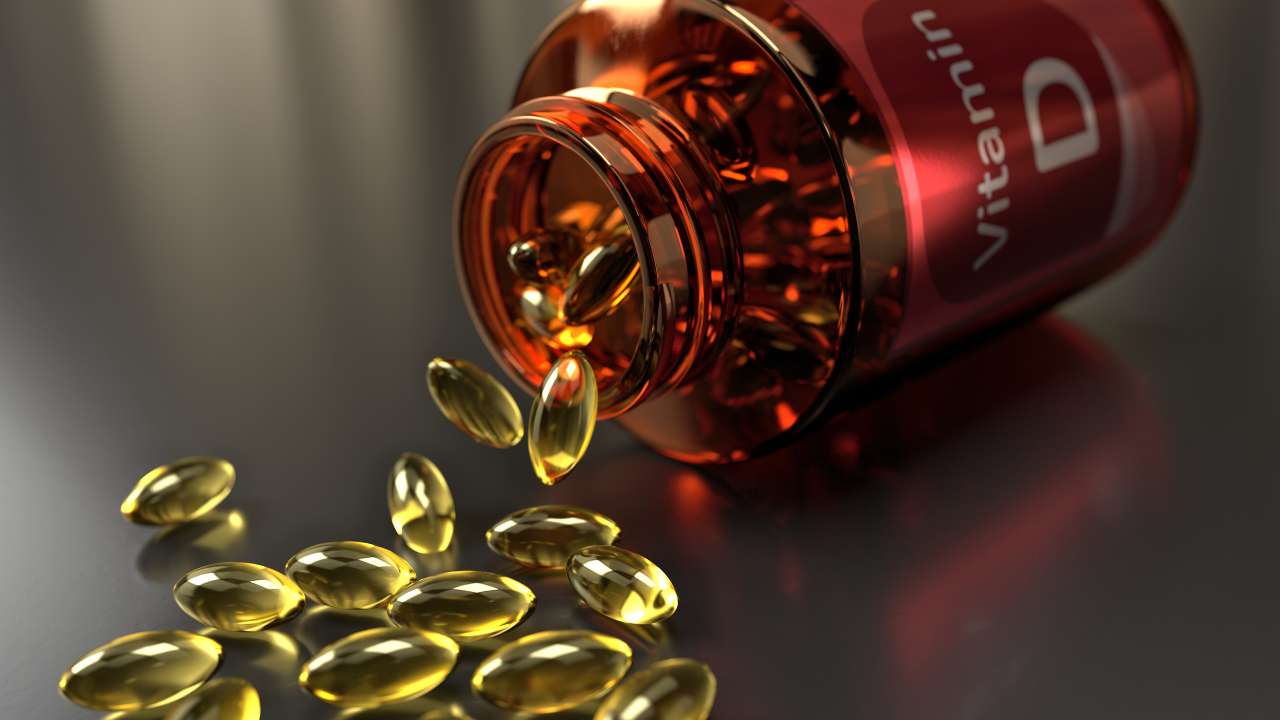
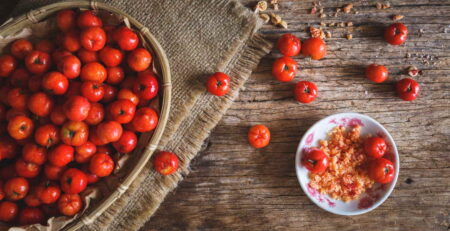

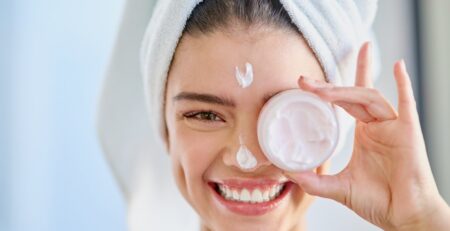
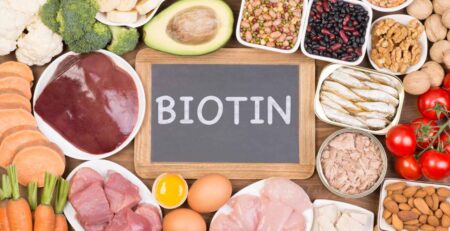
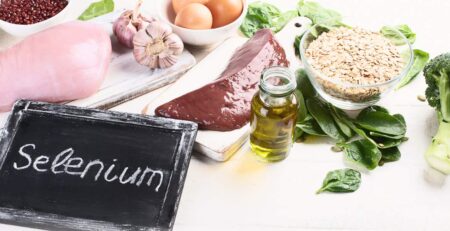
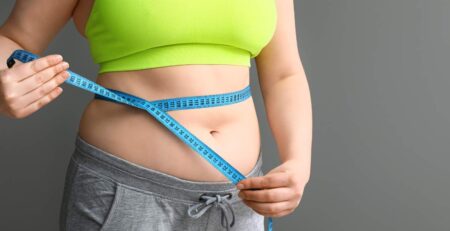
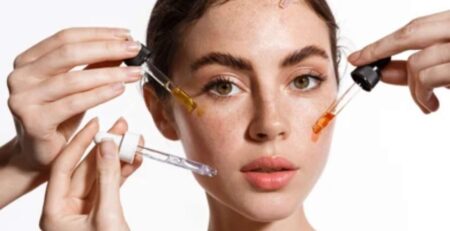

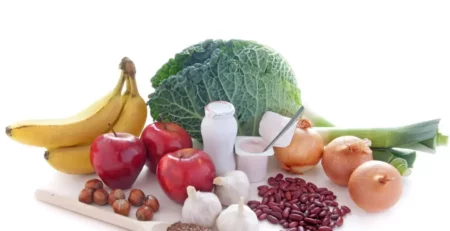
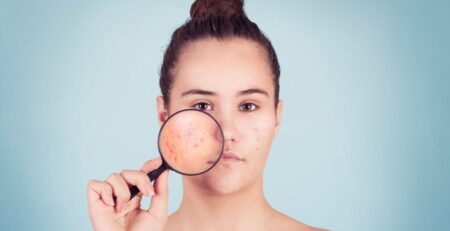
Leave a Reply